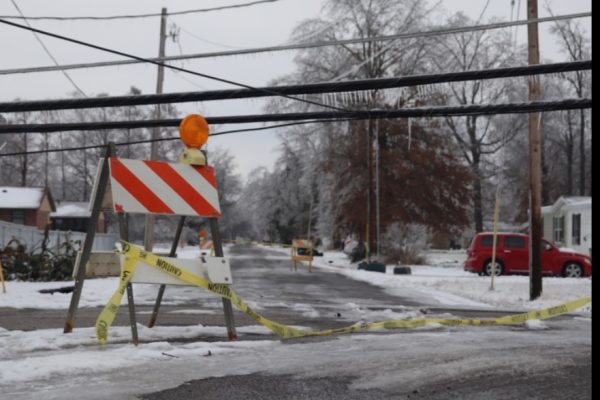The Legalization Movement
Is This the Right Move for Illinois?
The legalization of cannabis has been a debate in many state legislatures for a long time. As of January 1, 2020, Illinois became the 11th state to legalize recreational marijuana use. This means that anyone age 21 or older can buy marijuana products from licensed dispensaries and legally consume it at home or on-site in some cannabis-related businesses. Similar to current alcohol consumption laws, you cannot consume marijuana in motor vehicles or on any public street. Prior to January 1st, Illinois only allowed medicinal marijuana use. Medicinal marijuana is used to treat an assortment of diseases including Crohn’s Disease, Schizophrenia, PTSD, and certain cancers. A doctor’s prescription and a special license is required to purchase medical marijuana. Despite Illinois’ legalization, marijuana use is still considered illegal under Federal law.
Illinois residents flocked to dispensaries as the new year began, spending a total of $10,830,667 during the first five days of sales according to state officials. So, what this really means for the state of Illinois: revenue. Several new taxes were imposed along with the new legalization, including a 10% tax on cannabis flower with less than 35% THC, a 20% tax on cannabis-infused edible products, and a 25% tax on cannabis products with a THC concentration higher than 35%. With all of these new taxes, the Illinois Department of Revenue projects that the cannabis industry will generate over $57 million in 2020. Such extreme taxes, however, might just cause people to look to other, illegal, avenues to obtain marijuana, increasing the risk that it could be contaminated with another, potentially lethal, substance.
Illinois police officers have begun feeling a significant impact since recreational marijuana became legal. In addition to watching out for drunk drivers, officers must now also be on the lookout for drivers under the influence of marijuana. Although both exhibit similar signs of impairment (swerving, driving too slow, long stops, missing traffic lights, etc.), the process for determining if a driver is under the influence of marijuana is much more time consuming. There is no roadside test that officers can perform to determine if a driver is under the influence of marijuana. The police officer must take the driver to the local hospital and have a urine and blood test performed, to determine if there is THC present, which could easily take an hour or more. Spending additional time on these potential DUI investigations means officers have less time to respond to other incidents or patrol the community.
Students at Herrin High School have mixed emotions about the recent legalization. Senior Joey Asher says he supports the legalization of cannabis, claiming that “it’ll bring in more money to the state. I know that it is abused, but it will help bring us out of debt a little bit.” Junior Rodney Childers disagrees with Asher, saying that “I feel it will ruin the society. Weed will make everyone more lazy and more dependent on weed than themselves.” Childers adds that he thinks we will be considered a “pot state,” saying “it’ll just give us a bit of a bad reputation.”
Though the state claims to be making more money off of cannabis sales, the effects of cannabis to the citizens may be the larger concern for the state. Cannabis may have some great uses, but there are many drawbacks. It’s important to remember to follow all of the laws having to do with the use of Cannabis, especially the age limit and the illegal distribution of it. Maybe, in the near future, the rest of the country will decide to pass similar laws to Illinois. Only time will tell how the legalization of marijuana will ultimately affect our communities, state and country as a whole.

Aubree Williamson is a senior during the 21-22 school year and this is her third year in the tiger journalism class. She joined because she wants to help...








